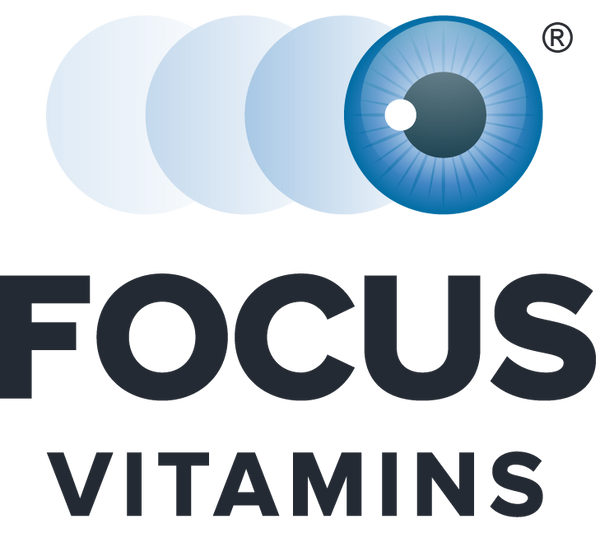Things You Should Know About Age-Related Macular Degeneration

February is Age-Related Macular Degeneration (AMD) Awareness Month, and we'd like to share some important information about AMD with you. Read on to learn about the different types of AMD, the risk factors, and what you can do to protect your vision.
What is Age-Related Macular Degeneration (AMD)?
Age-Related Macular Degeneration is a chronic and progressive eye disease that affects the macula, which is where your vision is sharpest. The macula is responsible for central vision, which allows seeing fine details clearly and therefore being able to perform daily activities such as reading and driving. As the macula degenerates, it can result in blurring, darkening, or distortion of one's central vision. AMD has become a leading cause of blindness in adults and primarily affects older individuals. There are two different types of AMD: dry and wet. Each type affects the eyes differently.
Contributing Factors to AMD
There are several risk factors that can contribute to developing age-related macular degeneration, including:
- Age - being 50 and older
- Family history of macular degeneration
- Smoking
- Gender
- Race
- Diet - eating a diet high in saturated fat
- High blood pressure or hypertension
- Sun exposure
Dry AMD
Most people who have macular degeneration have Dry AMD. Dry AMD is a slow deterioration of the cells in the macula over the years. These cells die off and are not able to be renewed. It can start in one eye before developing in the other, or in some cases, it may develop in both eyes at the same time. Vision loss is typically central, and people retain their peripheral vision. Some people have only mild central vision loss. In others, it can be more severe.
Dry AMD is characterized by tiny yellow deposits that form under the retina called drusen. Drusen can be detected using advanced imaging technology by your eye physician, which is why it's important to get your eyes checked every year.
Unfortunately, there is currently no medical treatment for dry AMD. However, a large scientific study performed by the National Eye Institute has shown that the antioxidant vitamins and zinc contained in Focus MaculaPro® supported eye health.
Wet AMD
Wet age-related macular degeneration develops when abnormal blood vessels grow into the macula leaking blood or fluid, which leads to scarring and rapid loss of central vision. Wet AMD symptoms usually appear suddenly and worsen at a fast pace. These symptoms may include the following:
- Visual distortion
- A blurred/blind spot in the center of your vision
- Requiring more light for reading
- Difficulty seeing in low light
- Colors not seeming as bright
- Overall vision is hazy
Approximately 10% of people who have macular degeneration have the wet type. Though this type is less common, it usually leads to more severe vision loss than dry AMD.
Wet AMD Treatments
There are three medications used to treat wet macular degeneration: Avastin (bevacizumab), Lucentis (ranibizumab), and EYLEA (Afibercept). Each of these drugs targets a chemical in the eye known as vascular endothelial growth factor, or VEGF. Blocking VEGF reduces the growth of abnormal blood vessels associated with wet macular degeneration, slows their fluid leakage, helps to slow vision loss, and in some patients improves vision.
Your retina specialist injects these medications directly into your eye in an outpatient procedure. Before the procedure, your retina specialist will clean your eye with Betadine to prevent infection and will use an anesthetic to numb your eye. You may need several injections over the course of many months to stop the disease. Long-term anti-VEGF treatment is often needed for sustained benefit.
What you can expect after an ocular injection:
- Burning Sensation (from betadine, if this persists try using ocular lubricants as directed by your doctor)
- Blood on the white part of your eye (sclera) that may last several days
- Irritation of the injected eye (again, from the betadine)
- Watering of the injected eye
- Light sensitivity
- Floaters or bubbles at the bottom of your vision
AMD is not preventable. However, there are things you can do to help lessen its impact on your ocular health. Your macula contains an important protective substance known as macula pigment (MP). Your MP is composed of Lutein, Zeaxanthin, and Meso-Zeaxanthin. The first two are obtained from diet and found in corn, squash, broccoli, and leafy green veggies like spinach and kale. These nutrients can also be consumed in an ocular supplement, like Focus Select®.



